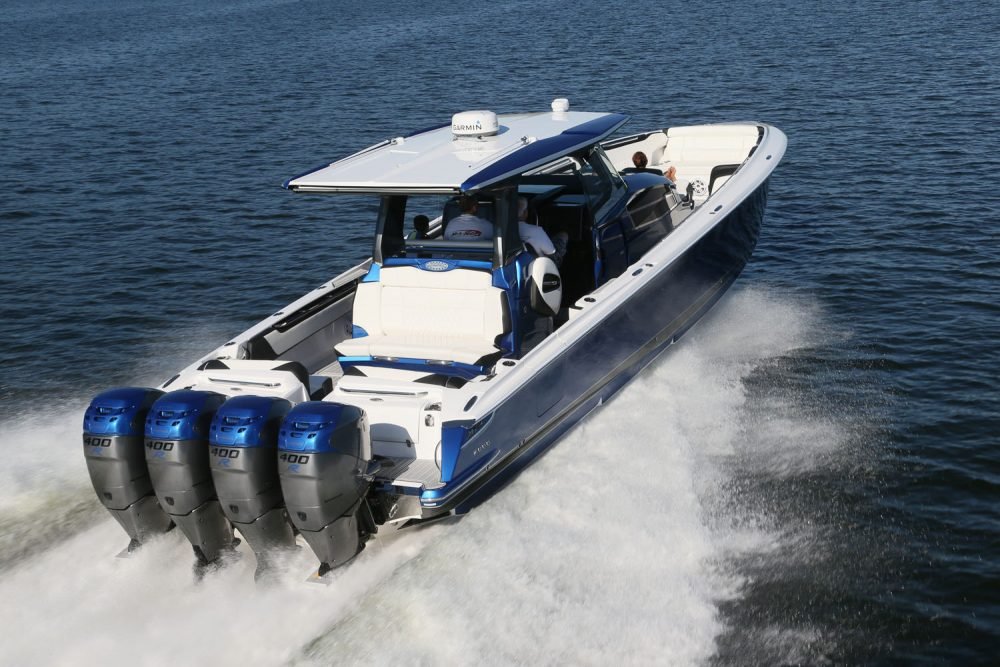Choosing the right engine for your motorboat is crucial for optimizing performance, efficiency, and enjoyment on the water. With various engine types, sizes, and configurations available, it can be overwhelming to make the best choice. This guide will help you understand the key factors to consider when selecting an engine that suits your boating needs.
1. Determine Your Boating Needs
Before diving into engine specifications, consider how you plan to use your motorboat. Will you be cruising, fishing, racing, or engaging in water sports? Your intended use will significantly influence the engine type and power you require.
- Recreational cruising: A moderate-powered engine may suffice for leisurely outings.
- Fishing: Consider engines with good torque and fuel efficiency for longer trips.
- Water sports: Opt for engines with high horsepower to ensure quick acceleration and sufficient power.
2. Engine Types: Outboard vs. Inboard
Understanding the differences between outboard and inboard engines is vital for making the right choice.
Outboard Engines
- Advantages:
- Lightweight and easy to install.
- Offers more space in the boat’s interior.
- Easier to maintain and replace.
- Best For: Smaller boats, fishing vessels, and those seeking versatility.

Inboard Engines
- Advantages:
- Generally provide better handling and stability.
- Ideal for larger boats and high-performance applications.
- Often more fuel-efficient for extended cruising.
- Best For: Larger vessels, speedboats, and those requiring greater power.
3. Power Requirements
Engine power is typically measured in horsepower (HP) or kilowatts (kW). When selecting an engine, consider the following:
- Weight of the Boat: Heavier boats will require more horsepower for adequate performance. A general rule of thumb is 1 HP for every 25 pounds of boat weight for efficient performance.
- Desired Speed: If you have specific speed goals, factor in the engine power needed to achieve those speeds.
- Maximum Capacity: Always consider the maximum weight your boat can carry, including passengers and gear, when determining the right engine power.
4. Fuel Type: Gasoline vs. Diesel
Choosing between gasoline and diesel engines can affect both performance and operating costs.
Gasoline Engines
- Pros:
- Generally lower initial costs.
- Easier to find and service.
- Quieter operation and quicker acceleration.
- Cons:
- Less fuel-efficient for larger vessels.
- Shorter lifespan compared to diesel engines.
Diesel Engines
- Pros:
- More fuel-efficient, especially for long-distance cruising.
- Typically have a longer lifespan and higher torque.
- Cons:
- Higher initial costs and more complex maintenance.
- Heavier and require more space.
5. Engine Size and Weight
The size and weight of the engine can impact the boat’s balance and performance. Ensure that the engine you choose is compatible with your boat’s design and weight limits.
- Mounting Location: Make sure the engine can be mounted securely, considering the boat’s structure and weight distribution.
- Center of Gravity: Proper placement of the engine affects handling and stability. A lower center of gravity enhances stability during operation.
6. Consider Engine Features and Technology
Modern engines come equipped with various features and technologies that can enhance performance, efficiency, and safety.
- Fuel Injection: Offers better fuel efficiency and smoother operation compared to carbureted engines.
- Electronic Controls: Provide better precision in throttle and gear shifting, enhancing overall handling.
- Integrated Diagnostics: Some engines come with diagnostic tools that monitor performance and maintenance needs.
7. Budget Considerations
Your budget will significantly impact your engine choice. In addition to the initial purchase price, consider maintenance, fuel, and potential repairs.
- Maintenance Costs: Research average maintenance costs for the engines you’re considering, as some engines require more frequent or expensive servicing.
- Resale Value: Some brands and engine types retain value better than others, which is important if you plan to sell or upgrade in the future.
Conclusion
Choosing the right engine for your motorboat requires careful consideration of your specific needs, the type of engine, power requirements, and budget. By understanding these factors, you can make an informed decision that enhances your boating experience and ensures optimal performance on the water. Always consult with marine professionals and consider test-driving different engine types to find the perfect match for your vessel.

